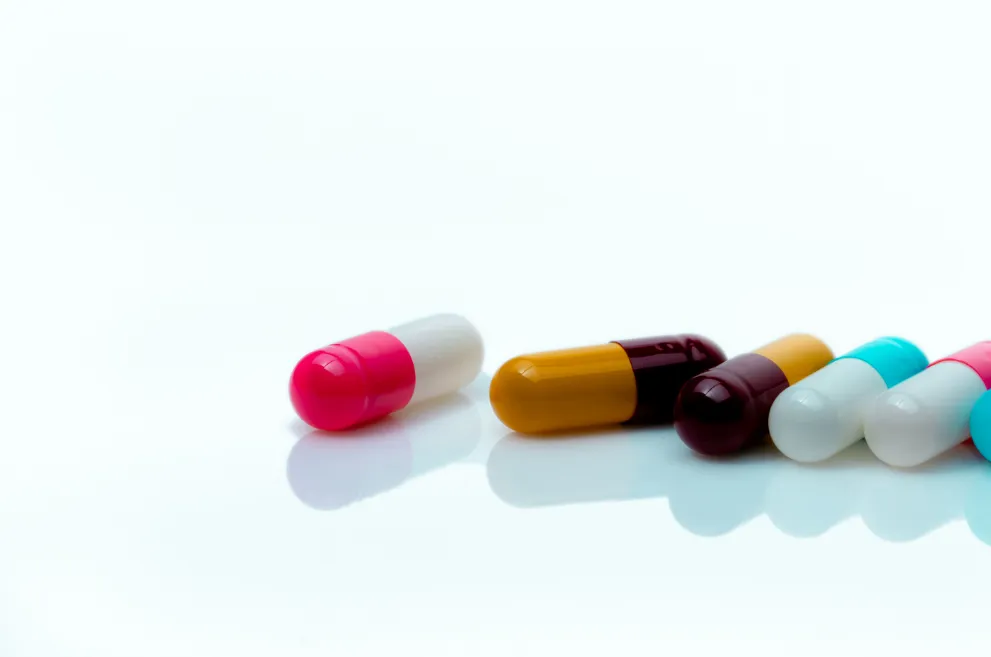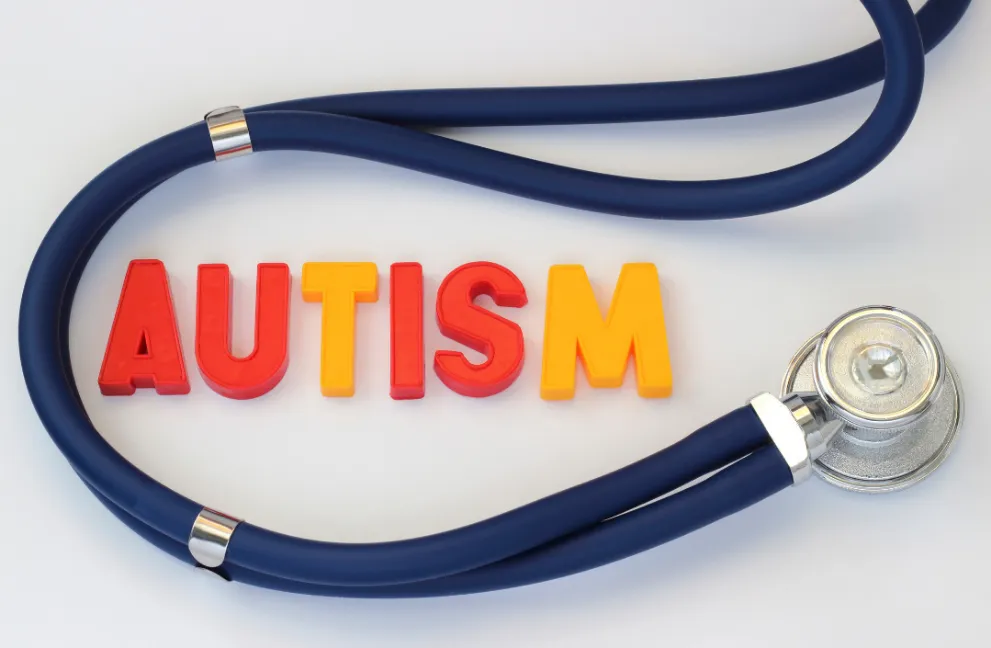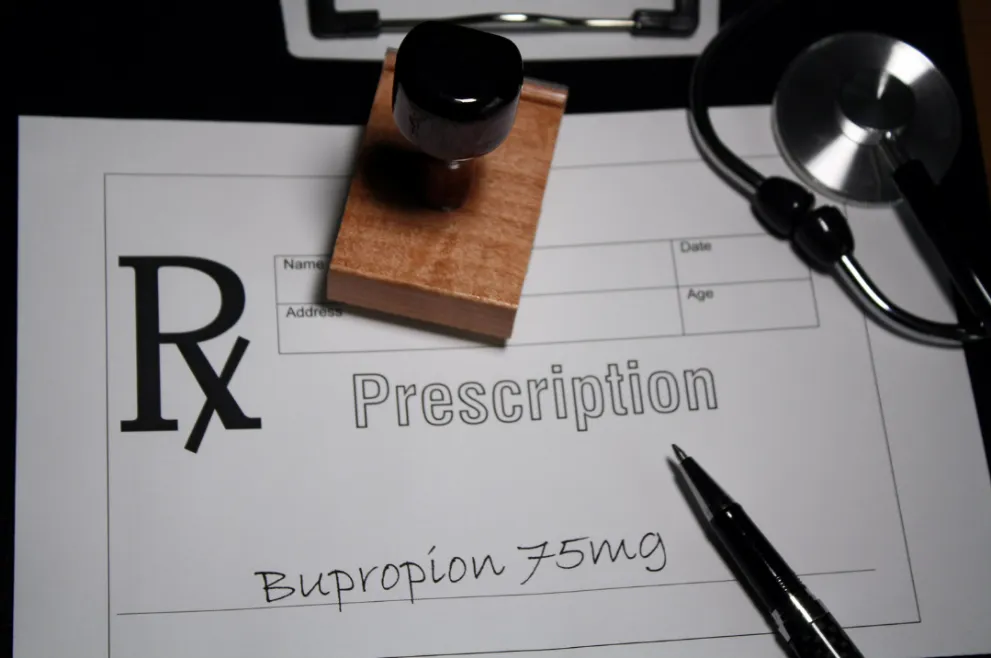What is Latuda?
Latuda is a second-generation antipsychotic medication that was first approved by the FDA in 2010 for the treatment of schizophrenia in adults. Since then, it has been approved for use in adults and children aged ten and above to treat schizophrenia and depression associated with bipolar disorder. It is also used in adult patients with major depressive episodes linked to bipolar I disorder as adjunctive therapy with lithium or valproate. However, the high cost of Latuda has made it difficult for some patients to access the medication.
Will the generic version help with cost?
The approval of the first generic version of Latuda is expected to lower the cost of treatment for patients with schizophrenia, making it more accessible for those who could not previously afford it. According to the FDA, generic drugs are typically 80-85% cheaper than the brand-name version. This cost savings will allow more patients to access treatment for schizophrenia, potentially improving their quality of life and reducing the burden on the healthcare system.
Is the generic version as effective as the name brand?
Generic drugs are approved by the FDA after demonstrating that they are equivalent to the brand-name drug in terms of safety, efficacy, and quality. The approval process for a generic drug is usually faster and less expensive than for a brand-name drug, as the generic manufacturer does not need to conduct extensive clinical trials to establish safety and efficacy. Instead, the generic manufacturer must demonstrate that their product is bioequivalent to the brand-name drug, meaning that it is absorbed in the body at the same rate and to the same extent.
The generic version will have the same active ingredient, dosage form, strength, and route of administration as the brand-name drug, and it will be available in various strengths, including 20 mg, 40 mg, 60 mg, 80 mg, and 120 mg tablets.
It is important to note that patients should always consult with their healthcare provider before switching from a brand-name drug to a generic version or vice versa. Although generic drugs are expected to have the same safety and efficacy as the brand-name drug, there may be some differences in the inactive ingredients or formulation that could affect how the drug is absorbed and metabolized in the body.
What is the typical dosing for Latuda?
The dosing of Latuda depends on the indication.
Schizophrenia: The usual starting dose for schizophrenia is 40mg daily with food by mouth. Depending on your response, your dose may be increased to 80mg per day for adolescents (13 to 17 years) or 160mg per day for adults.
Bipolar depression: The usual dose is a starting dose of 20mg per day orally with food. Depending on your response, it may be increased to 80mg per day for children aged 10 to 17 or 120mg per day for adults.
What are possible drug interactions with Latuda?
Latuda may interact with other medications or food supplements you are taking. Always tell your doctor and pharmacist about your medications; the list below isn't exhaustive.
- carbamazepine (Tegretol)
- clarithromycin (Biaxin)
- cobicistat/darunavir (Prezcobix)
- fosphenytoin (Cerebyx)
- itraconazole (Sporanox)
- metoclopramide (Reglan)
How much does Latuda cost?
The average retail price of 30 tablets of 40mg Latuda is $1,649.34. However, you can save as much as 88% (an average of $1,472.33) on the same quantity when you use an RxLess prescription discount card.
















